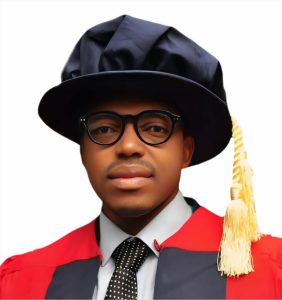The programmes were rigorously revised and enlarged to include Botany option (with specialised interest areas such as Plant Physiology, Plant Pathology, Taxonomy and Systematics), Microbiology option (with Microbial Systematics, Environmental Mi-crobiology, Industrial Microbiology, Food and Veterinary as well as Pharmaceutical Microbiology) and Zoology option (Entomology, Marine Biology and Environmental Biology). As the department got involved in environmental impact studies due to our peculiar environment (the Niger Delta Eco-logic zone and oil exploratory / industrial activities), our departmental programmes became en-larged to accommodate Postgraduate programmes that reflect environmental studies. In October 2002, The Senate approved a change of name from Department of Biological Science to the De-partment of Applied and Environmental Biology so as to reflect the current interests of the pro-gramme to the surging awareness of the place of Biology to man’s environment.
The Department of Animal and Environmental Biology was created from the Department of Applied and Environmental Biology in 2014. The Department runs a four-year programme that leads to the award of BSc. in Animal and Environmental Biology. The undergraduate programme in the first three years provides fundamental knowledge and deepens the students’ grasp of Animal and Environmental Biology. In the last year of study, the students are introduced to techniques and tools of research, developing in them the spirit of enquiry which launches them into areas of specialization such as Parasitology, Entomology, Wildlife Biology and Biodiversity Conservation, Endocrinology and Reproduction, Environmental Management, Animal Bioinformatics, Forensic and Medical Entomology among others. Postgraduate programmes leading to the award of PGD, MSc and PhD include Marine Biology and Pollution Studies, Ecology and Environmental Biology, Hy-drobiology and Ecotoxicology and Applied Entomology.

